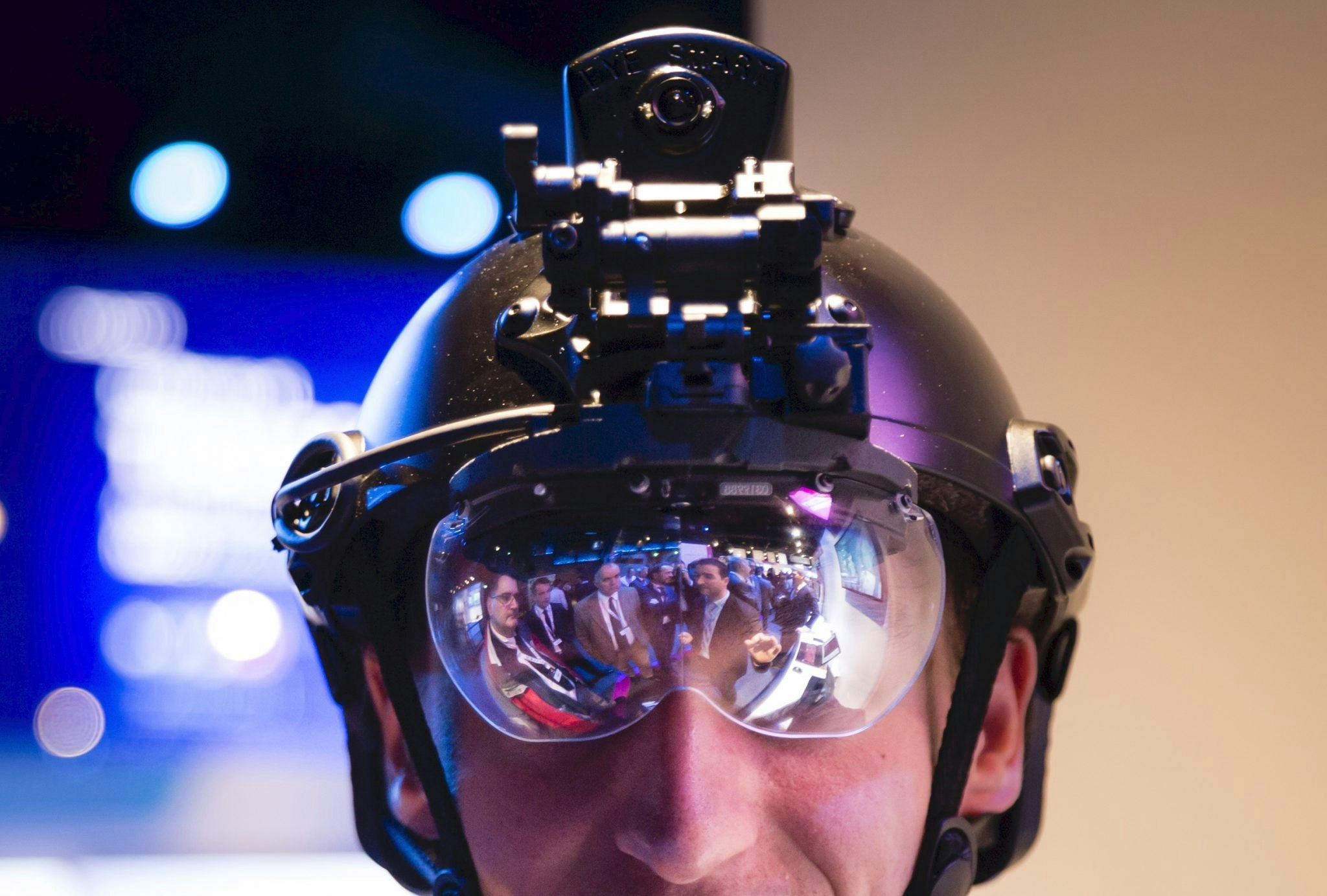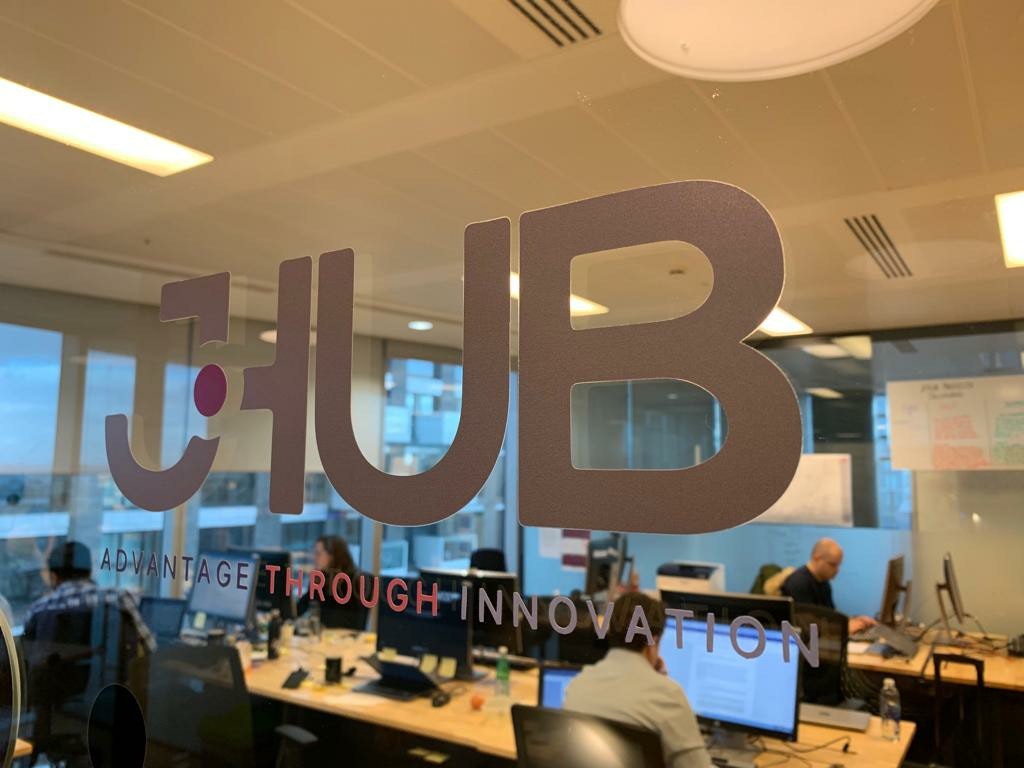NATO is planning to harness the knowhow of startups to develop its next generation of war machines. The transatlantic defence alliance has announced that it is to launch a startup accelerator programme and a €1bn investment fund focused on deeptech startups.
The disruptive technologies that NATO is interested in include artificial intelligence, data and computing, autonomy, quantum-enabled technologies, bioengineering, human enhancements, hypersonic technology and space.
Innovation doesn’t come from within the defence sector the way it used to 30 or 40 years ago.
“We are looking at how we maintain our technical edge,” said David van Weel, NATO's assistant secretary general for emerging security challenges. Working with startups will form an increasingly important part of this, he said.
“Innovation doesn’t come from within the defence sector the way it used to 30 or 40 years ago. Innovation has shifted to a place where we are no longer present, so we are reconnecting to that.”
The plans come amid growing unease among NATO leaders about China’s military ambitions. Given the Chinese government’s heavy spending on AI, it is not surprising that this features high on the list of technologies that the NATO accelerator plans to focus on.
The VC fund will spend some €70m a year over a 15-year period, investing in early stage and seed stage deeptech startups — bringing in additional funding from a list of trusted venture capital investors. VC firms from certain nations or those who have poor track records will be barred from this trusted list — although van Weel was not specific on the criteria for exclusion.
The programme is likely to be run along the same lines as In-Q-Tel, the American not-for-profit venture capital firm founded in 1999, which has invested in more than 200 high-tech startup companies focused on supporting US intelligence capabilities. Like In-Q-Tel, professional VC investors will run both the NATO fund and accelerator, with funding provided by member states.
The fund and accelerator — called the Defence Innovation Accelerator for the North Atlantic (or DIANA) — are not likely to be operational until 2023, given the heavy bureaucracy involved in coordinating among the 30 NATO members, van Weel said. Participation in the VC fund will be optional for NATO member countries.
The DIANA accelerator will have offices in both Europe and the US and the startups will also work at various member country test centres.


